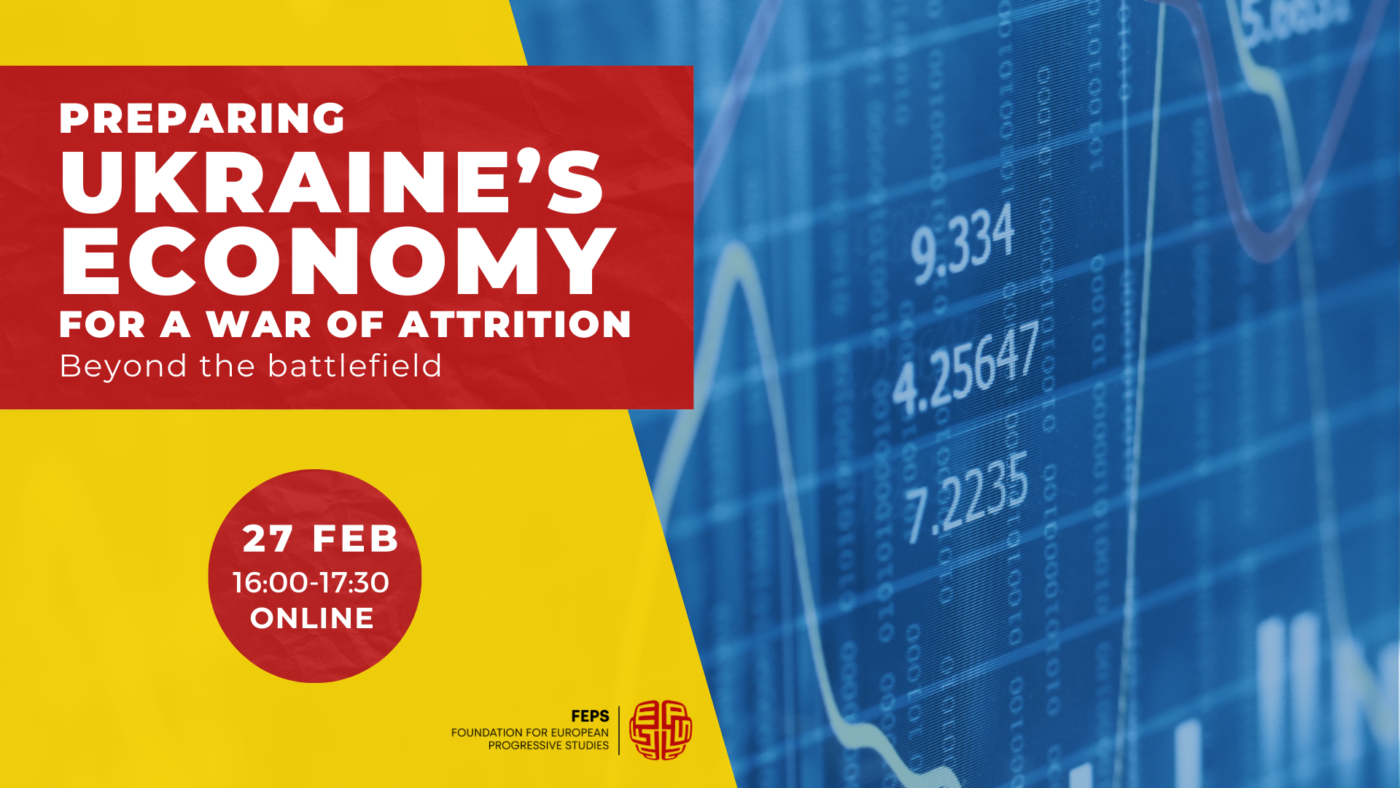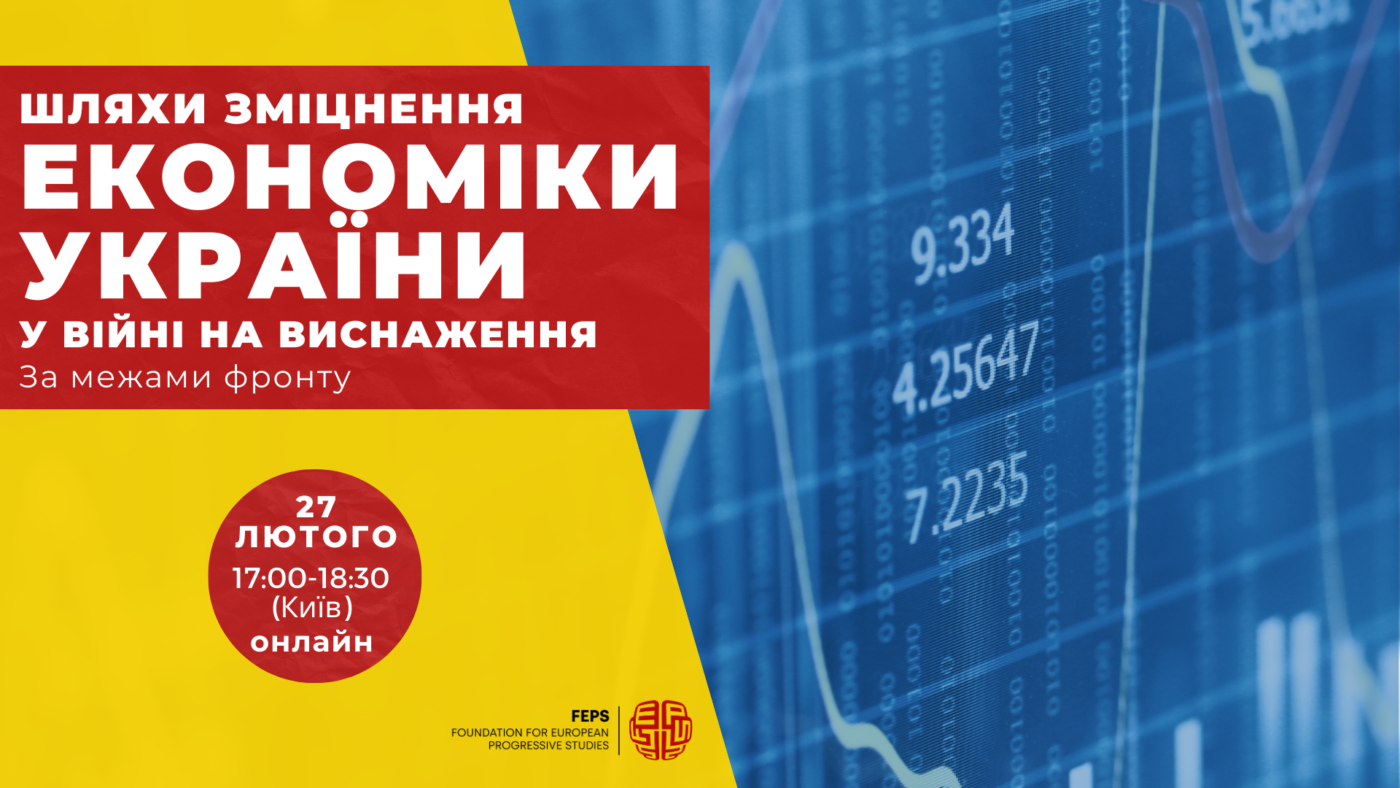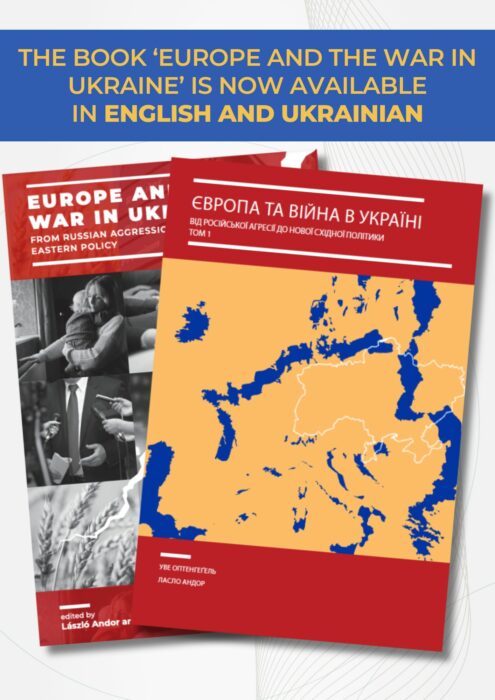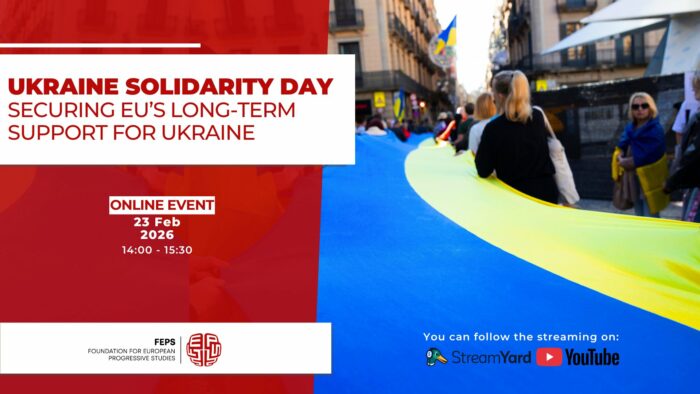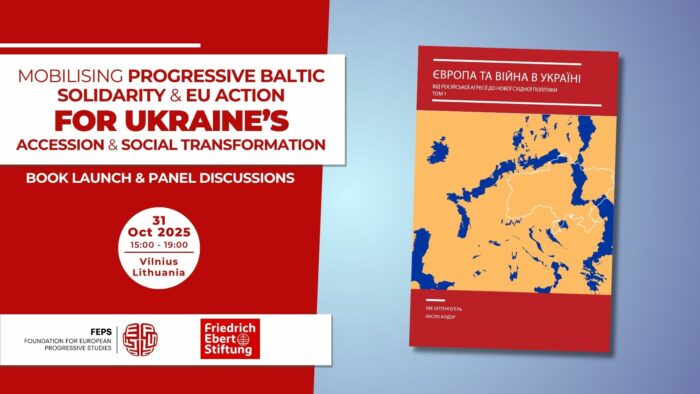Find all related publications
Publications
Find all related events
Events
Upcoming
Past
31/10/2025
Vilnius, Lithuania
24/02/2025
Online
Load more...
Find all related Audiovisual
Audiovisual
16/09/2025
16/09/2025
27/03/2025
17/02/2025
Find all related news
News
Find all related in the media
In the media

